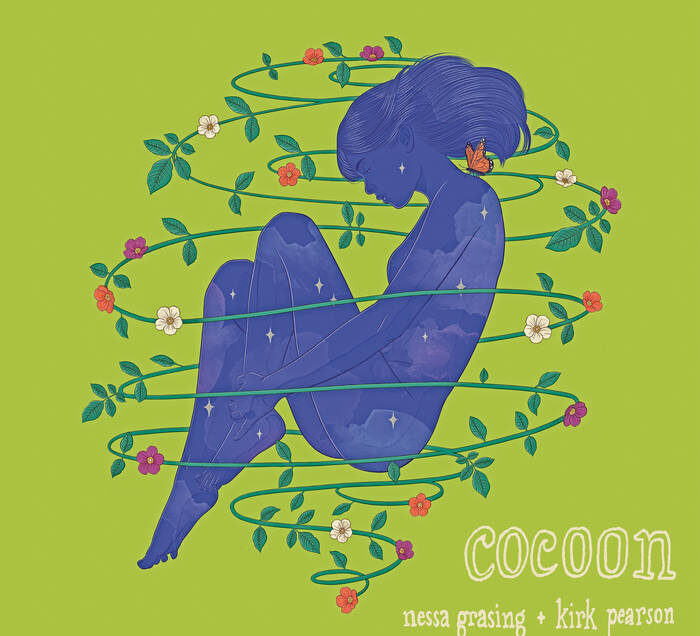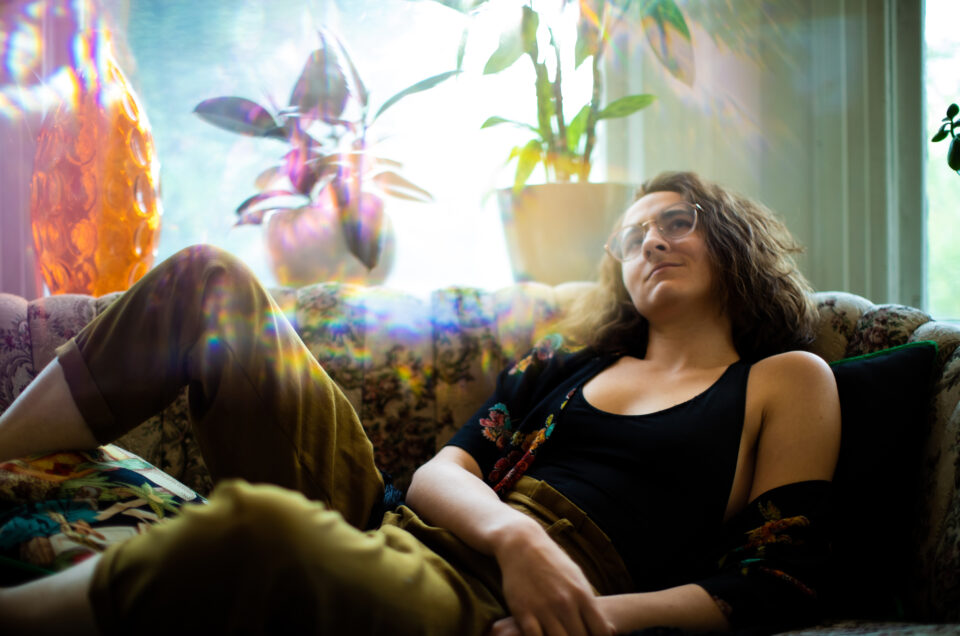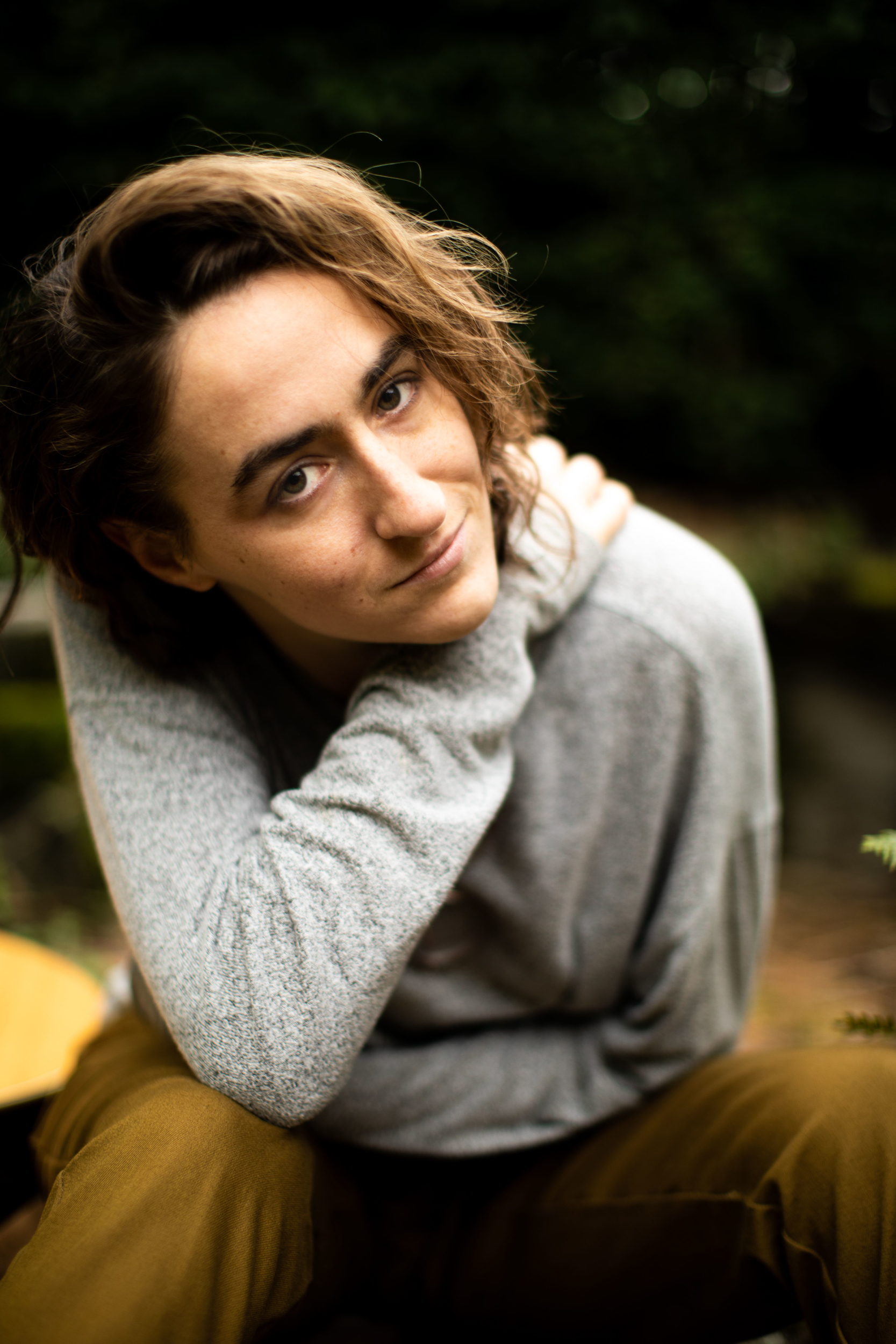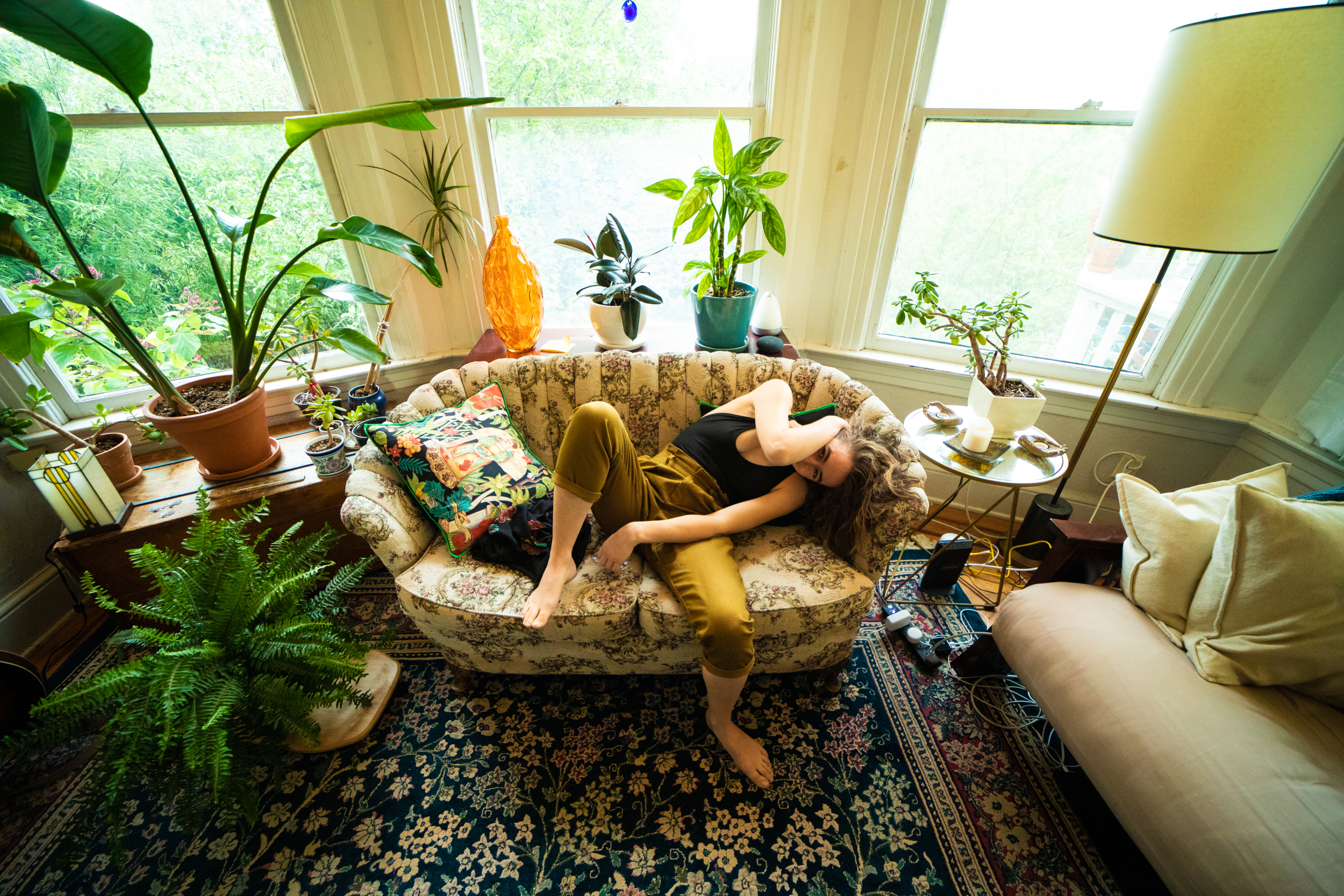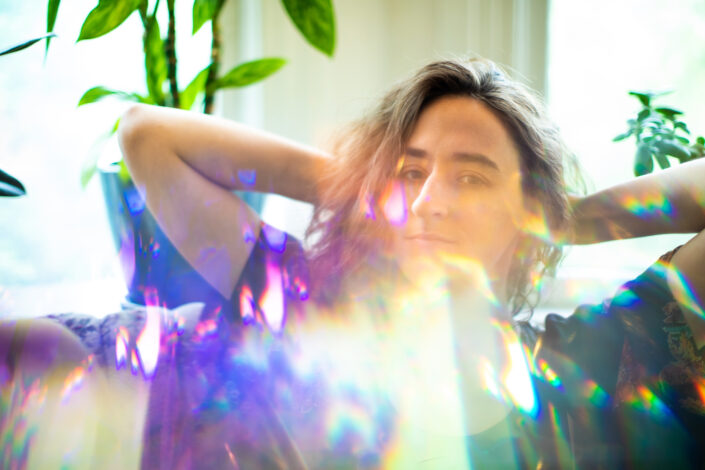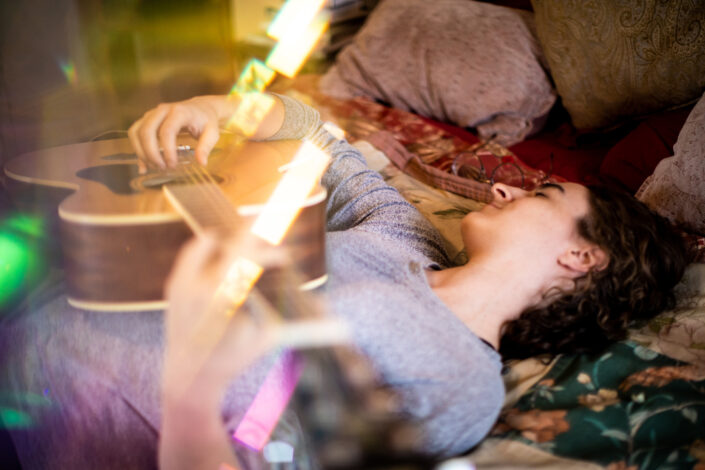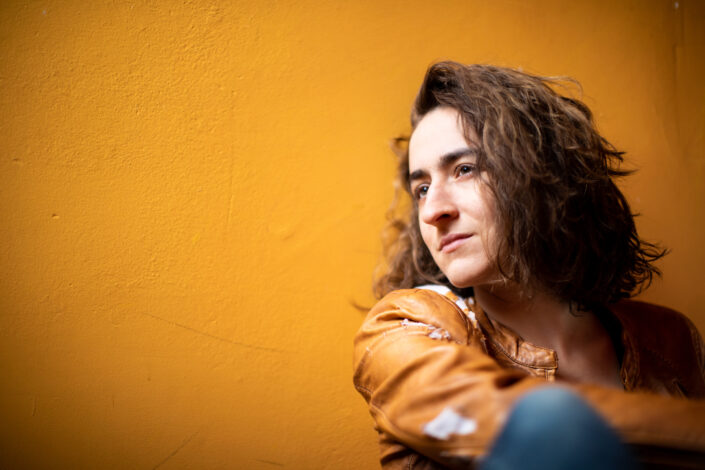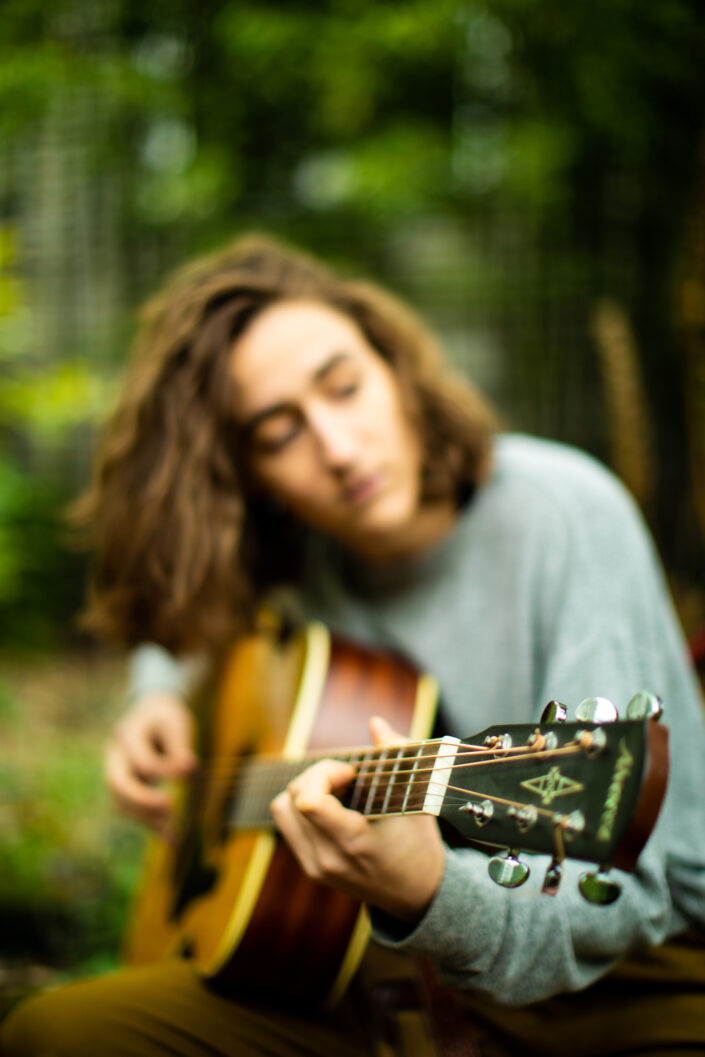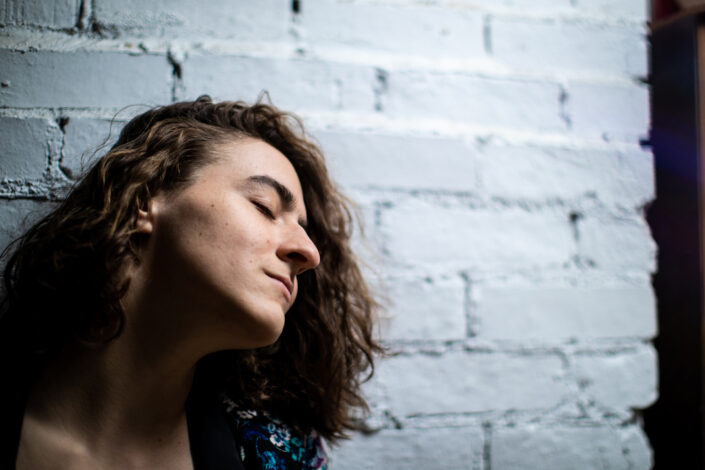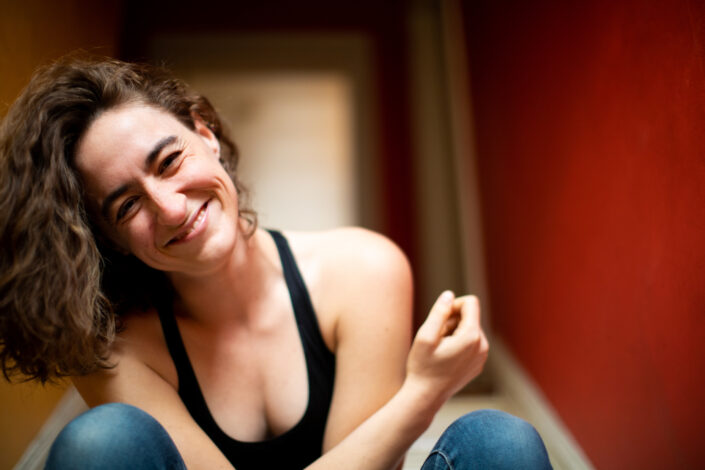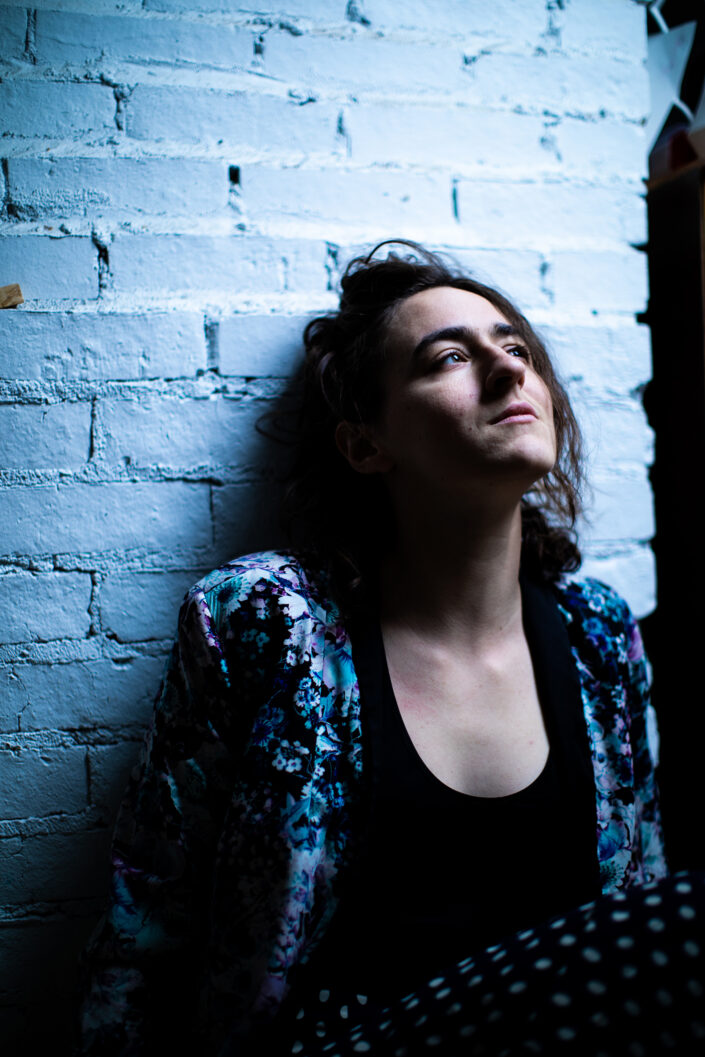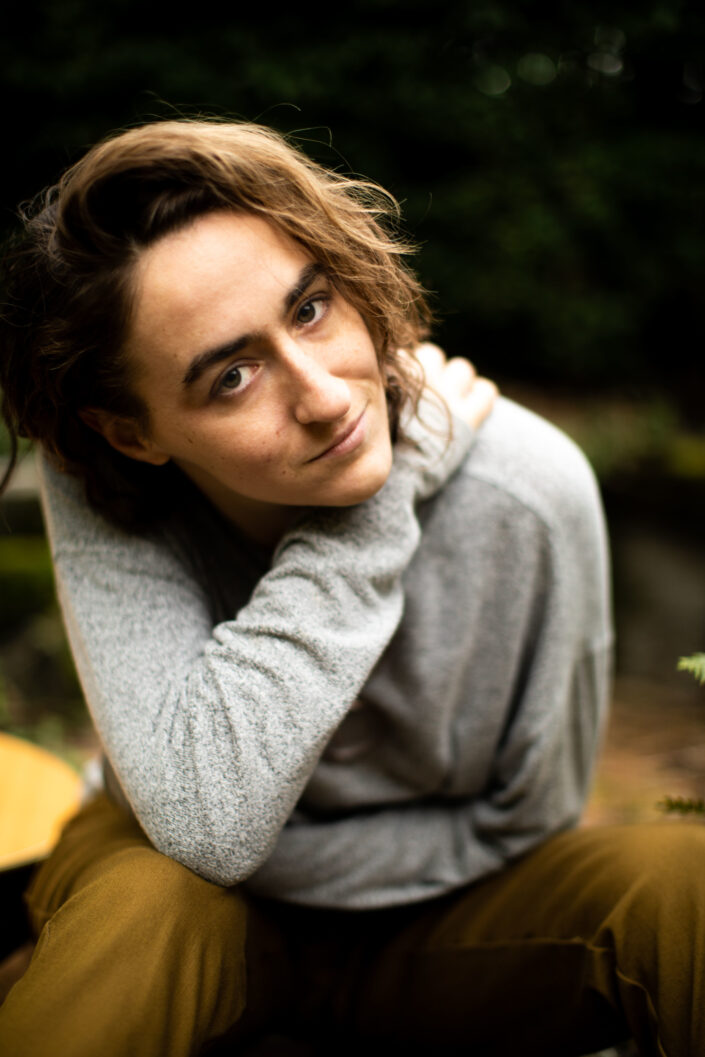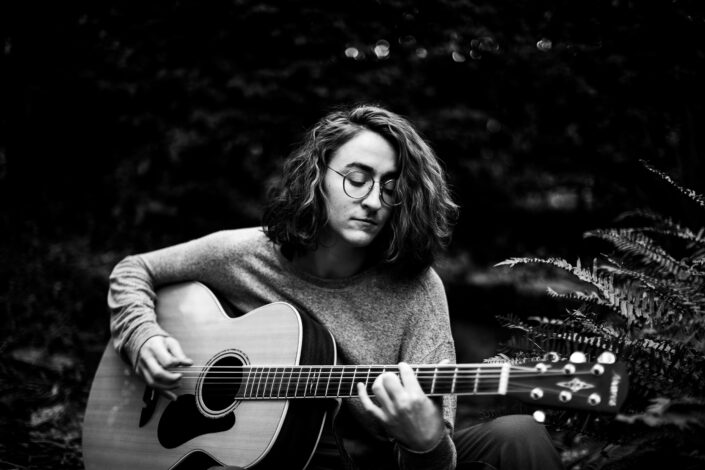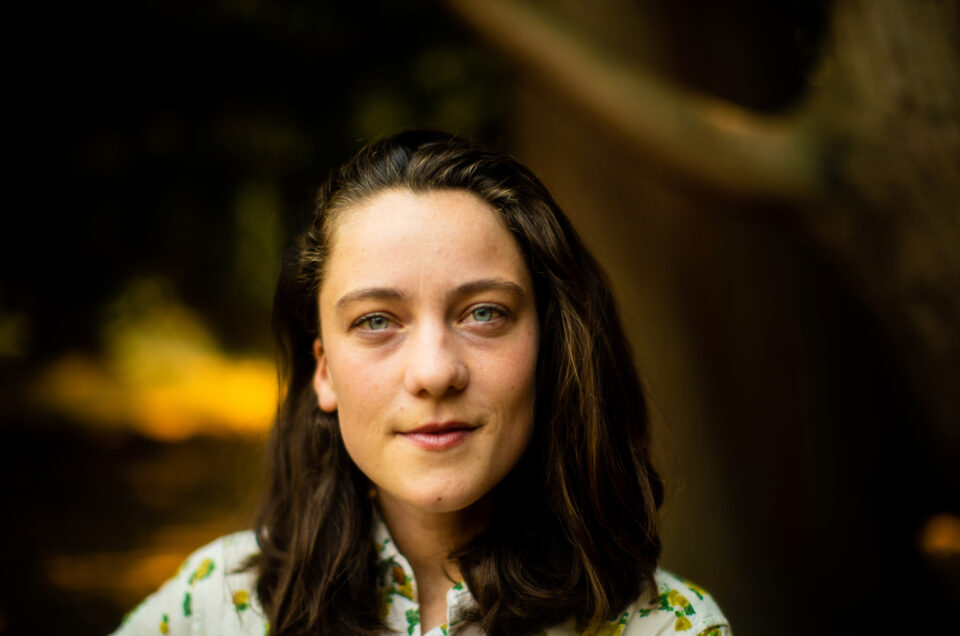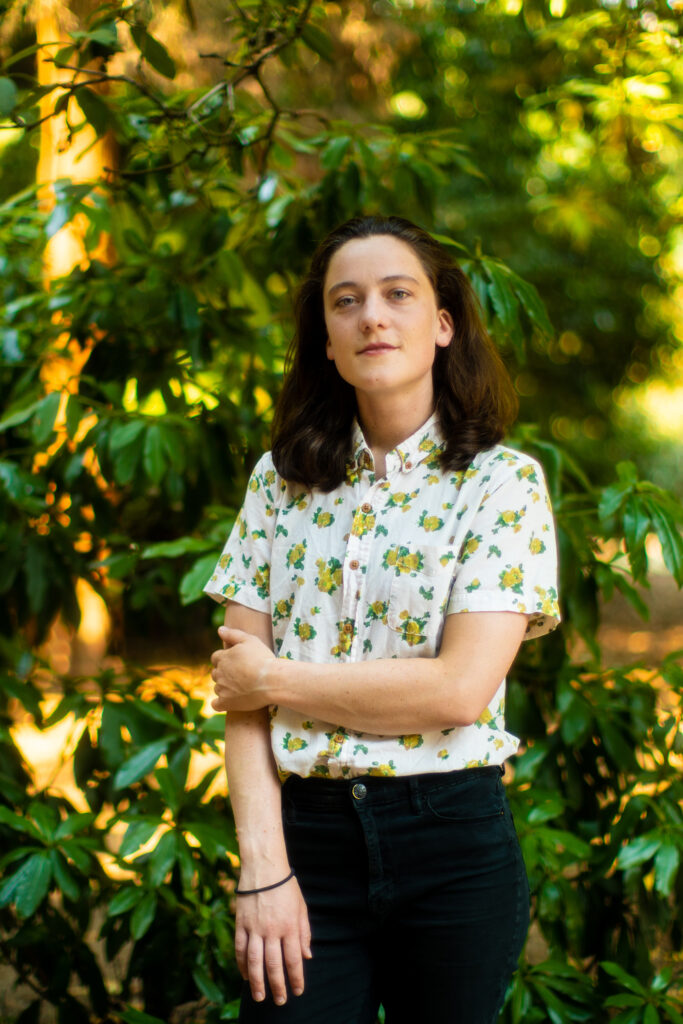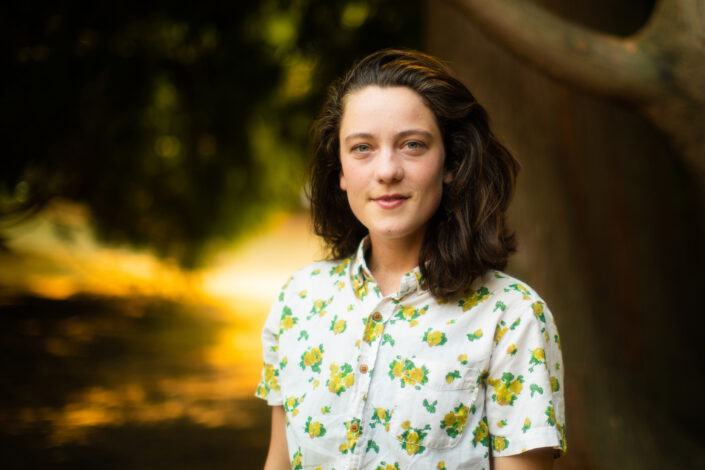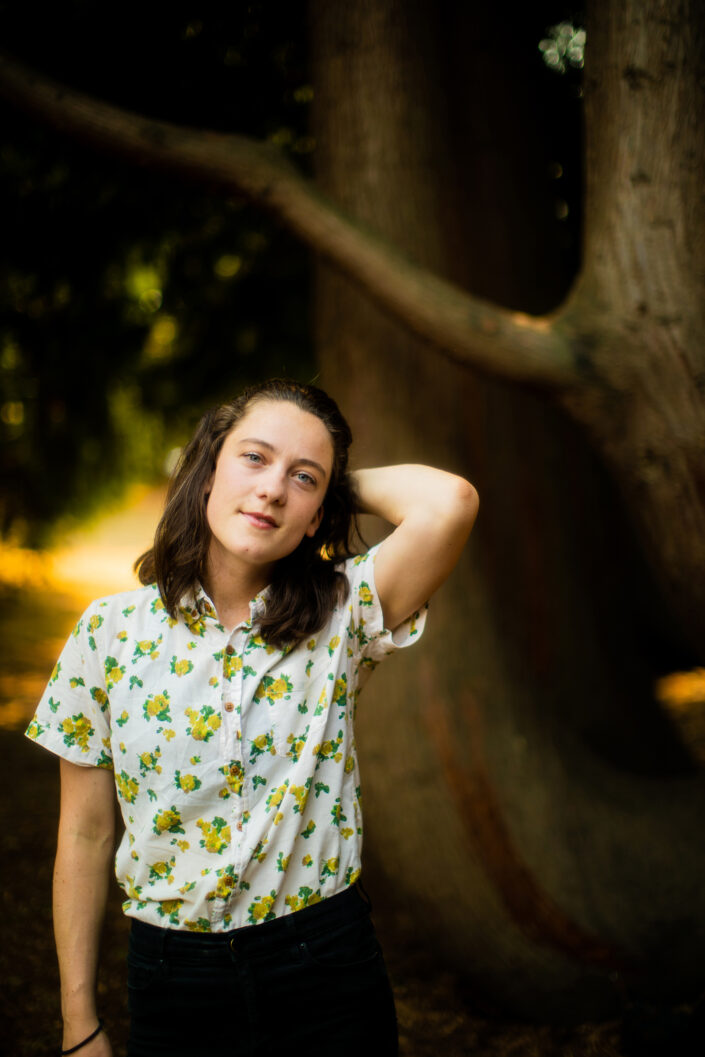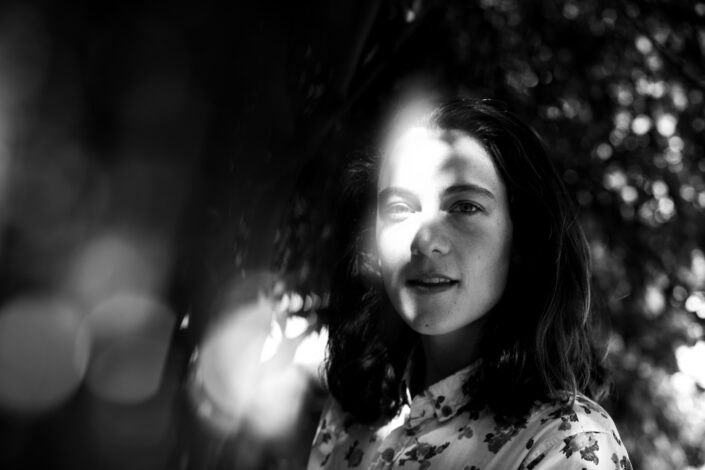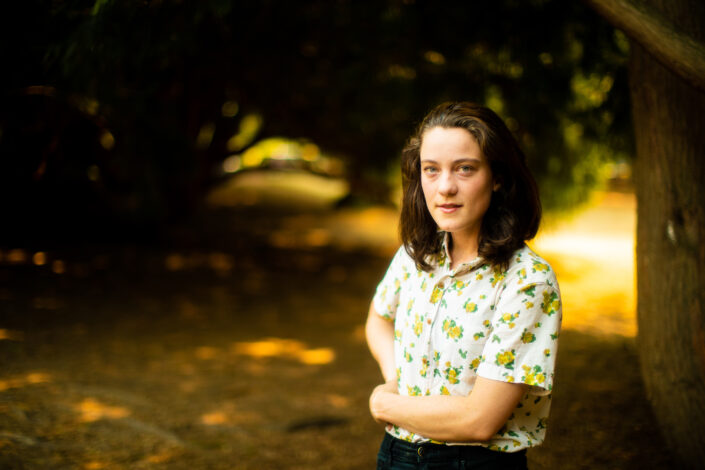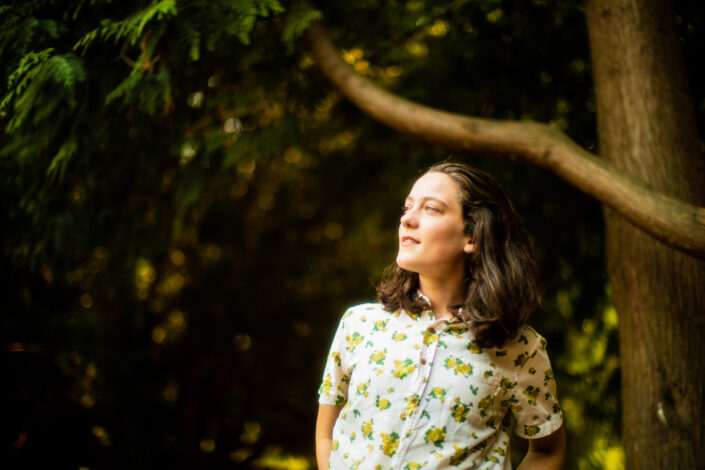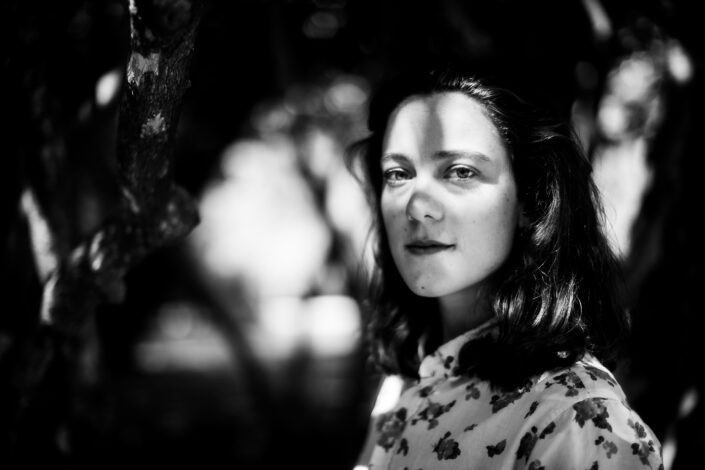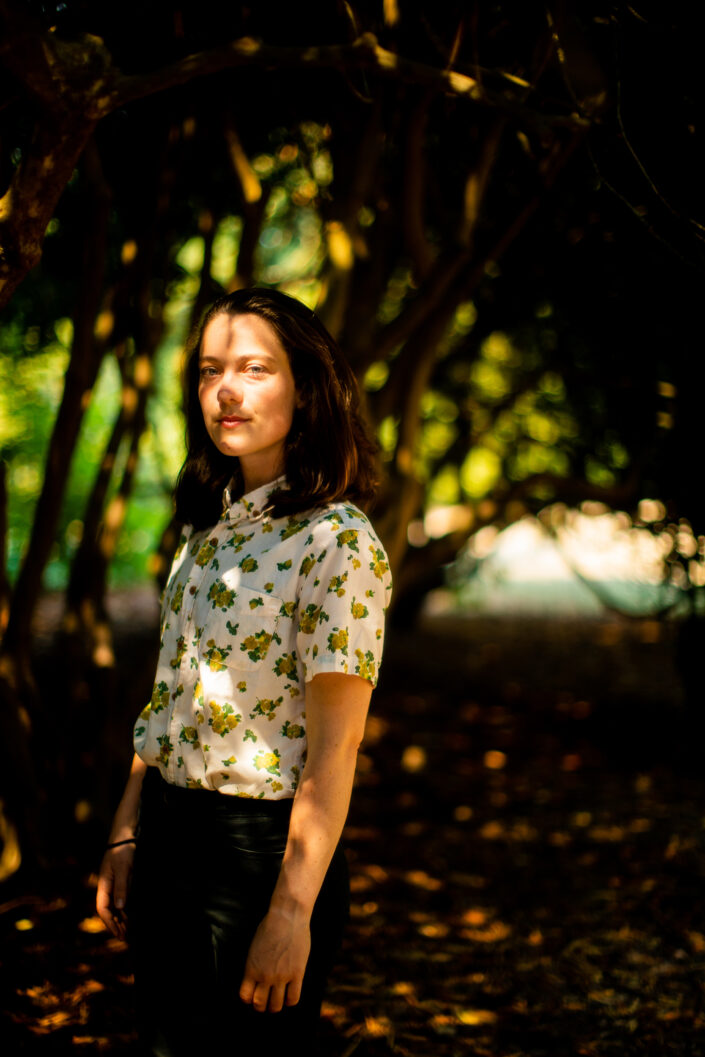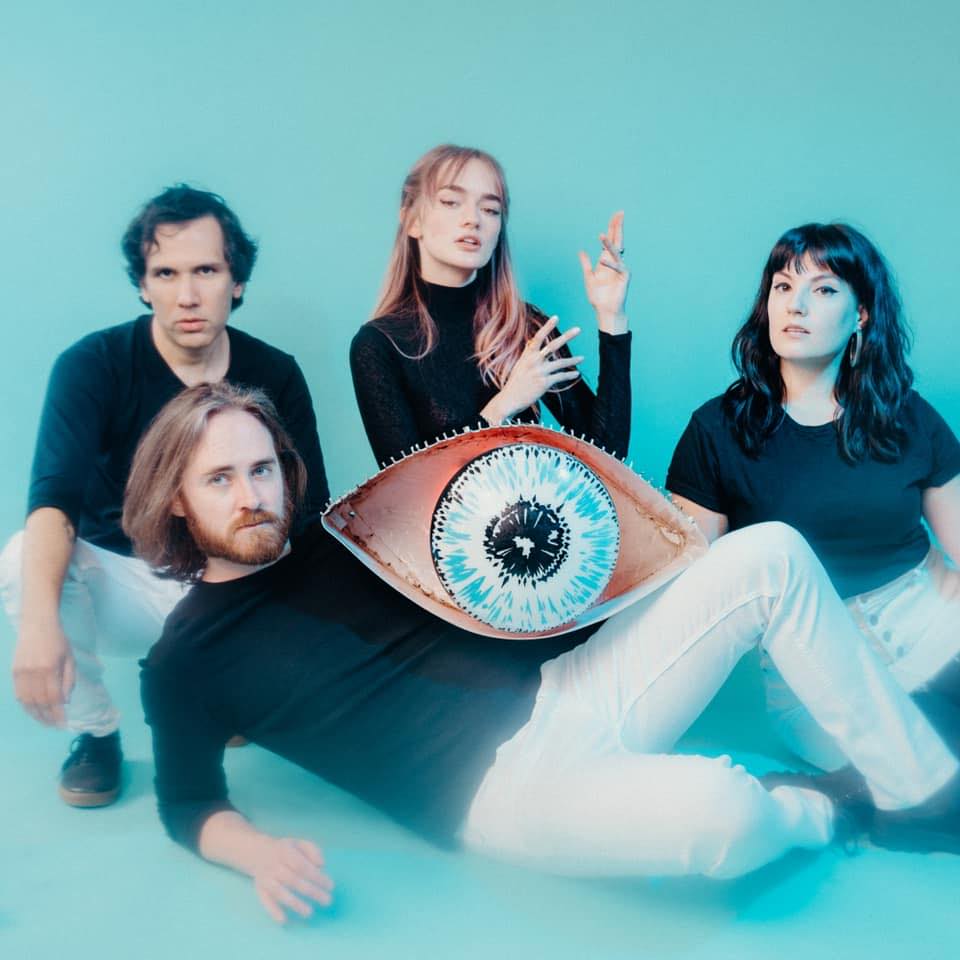 First up is the recent release from Seattle locals Biblioteka. They just released a new single called “Tick Tock,” which has a sound that feels very reminiscent of all your favorite early 2000s rock bands. They premiered the video over on Austin Town Hall and described it as sounding like the Hives, I would agree. Check out the video here
First up is the recent release from Seattle locals Biblioteka. They just released a new single called “Tick Tock,” which has a sound that feels very reminiscent of all your favorite early 2000s rock bands. They premiered the video over on Austin Town Hall and described it as sounding like the Hives, I would agree. Check out the video here
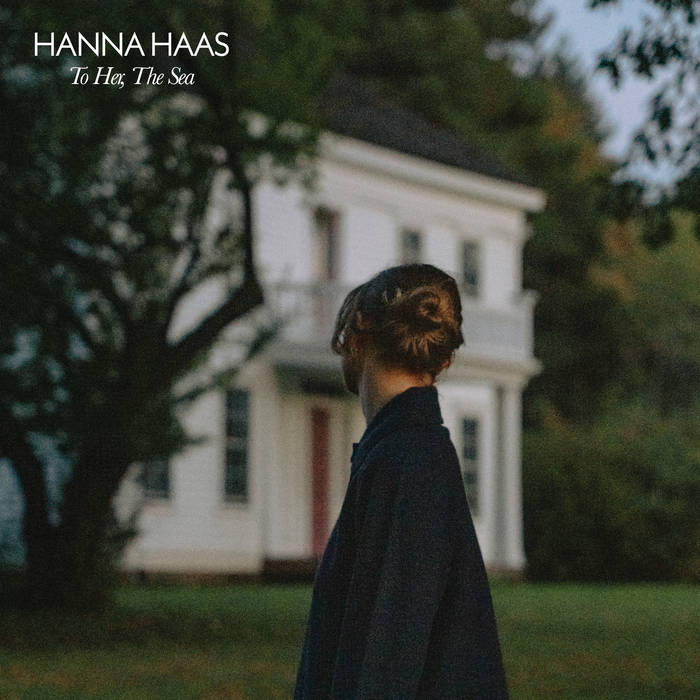 Portland-based Americana artist Hanna Haas just put out a new record called To Her, The Sea and it is amazing. It touches on the same sonic landscape as Joni Mitchell and reminds me of one of my favorites in Seattle: Erika Lundahl. Especially listen to the song “Whispering Back,” it is just so good.
Portland-based Americana artist Hanna Haas just put out a new record called To Her, The Sea and it is amazing. It touches on the same sonic landscape as Joni Mitchell and reminds me of one of my favorites in Seattle: Erika Lundahl. Especially listen to the song “Whispering Back,” it is just so good.
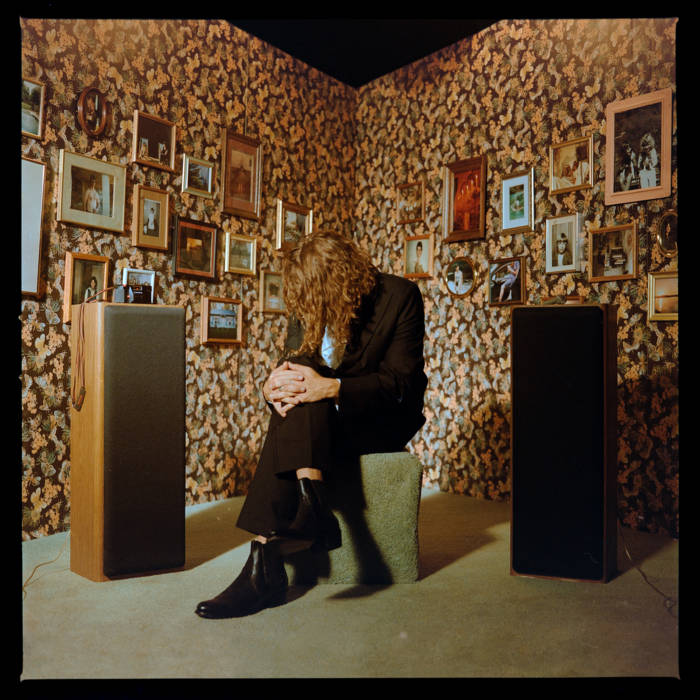 The new Kevin Morby’s new album This is a Photograph is kind of the perfect combination of American and indie music. This one lands just about exactly where I want my music to hit. Combination of some great rock songs, and some slow sad ones. Current stand out for me is “Bittersweet, TN,” which resonates on a few levels for me, but being from Tennessee, this is kind of how I feel about the state in general.
The new Kevin Morby’s new album This is a Photograph is kind of the perfect combination of American and indie music. This one lands just about exactly where I want my music to hit. Combination of some great rock songs, and some slow sad ones. Current stand out for me is “Bittersweet, TN,” which resonates on a few levels for me, but being from Tennessee, this is kind of how I feel about the state in general.
 Nessa Grasing & Kirk Pearson’s album Cocoon features one of my favorite tracks, maybe, ever. An absolutely perfect reinvention of the classic DEVO song “Patterns.” I didn’t realize Nessa and Kirk hadn’t written it cause it just fit so well into the vibe and themes of the album. It talks about the interconnection of things and it’s just so perfect. Great work, as always, Nessa! Thank you for turning me on to this track!
Nessa Grasing & Kirk Pearson’s album Cocoon features one of my favorite tracks, maybe, ever. An absolutely perfect reinvention of the classic DEVO song “Patterns.” I didn’t realize Nessa and Kirk hadn’t written it cause it just fit so well into the vibe and themes of the album. It talks about the interconnection of things and it’s just so perfect. Great work, as always, Nessa! Thank you for turning me on to this track!
Send me your upcoming releases to jpmartinmedia@gmail.com!
